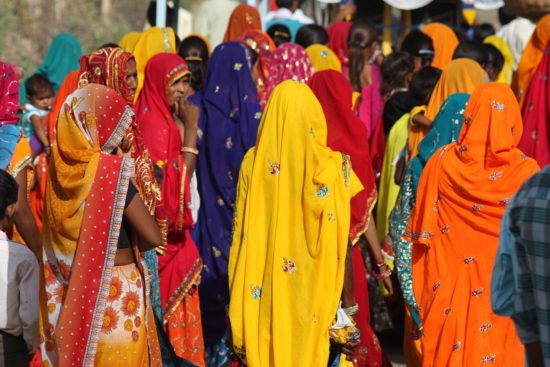Antimicrobial Resistance: A One Health Metagenomic Study of Indian Tribal Gut
This One Health metagenomic study examined the gut resistome of three Particularly Vulnerable Tribal Groups (Irula, Jenu Kuruba, and Kurumba) in South India to understand antimicrobial resistance (AMR) in populations with minimal antibiotic exposure. Analysis of 103 faecal samples through shotgun metagenomic sequencing revealed strong inter-community variation: the Kurumba group carried the highest AMR burden, while the Irula group showed the greatest diversity of non-antibiotic resistance genes. Drinking water source was identified as a key ecological driver—individuals consuming untreated stream water had significantly higher levels of metal, biocide, and multi-compound resistance genes, while tubewell water users had more antibiotic resistance. The findings demonstrate the ecological plasticity of the human gut resistome and emphasize that environmental exposures—particularly unsafe water—play a major role in shaping AMR even in remote populations, calling for improved water safety, environmental surveillance, and integrated One Health interventions.
AMR NEWS
Your Biweekly Source for Global AMR Insights!
Stay informed with the essential newsletter that brings together all the latest One Health news on antimicrobial resistance. Delivered straight to your inbox every two weeks, AMR NEWS provides a curated selection of international insights, key publications, and the latest updates in the fight against AMR.
Don’t miss out on staying ahead in the global AMR movement—subscribe now!






